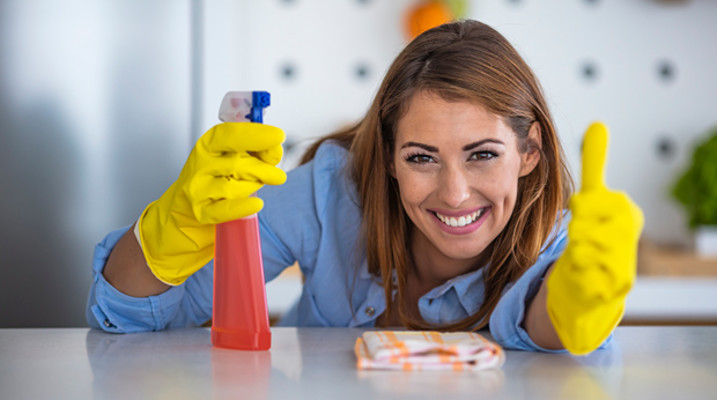
Do you have a friend you know so well you can finish each other’s sentences? Or you tell stories about “remember when……” and they remember as many details as you do?
According to the Journal of Personal and Social Relationships, those are sure signs of a friendship that’s built to last! And that’s a big deal, since many studies show that a strong social network helps us do everything from ward off depression to increase our overall lifespan.
So, why is something as random as finishing a friend’s thought so important? Researchers say it’s a sign of something called the “transactive memory system” – which refers to shared memories, say, of an embarrassing experience in school, or a vacation you took. And in a study, researchers found that those with the strongest friendships were the most likely to have shared or “transactive memories.” And even with new friends, the best predictor of a trusting, high quality friendship was if two people could finish each other’s thoughts – or tell stories about each other.
Which is why researchers encourage us all to rehash old memories with friends as often possible. Because the more shared memories we have, the healthier we’ll be, emotionally and physically.







